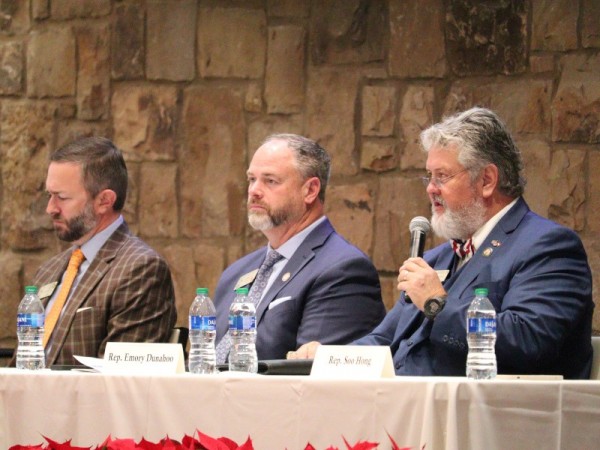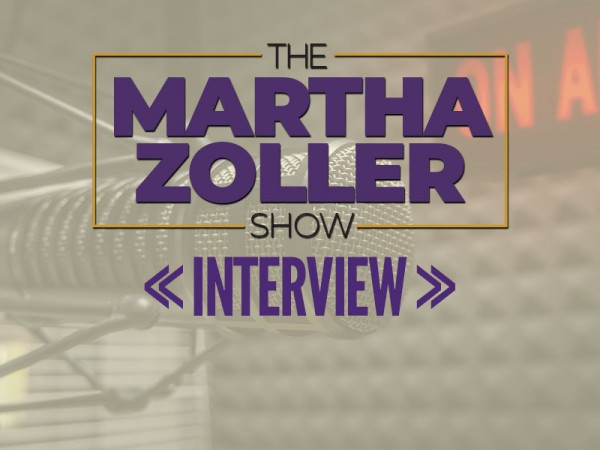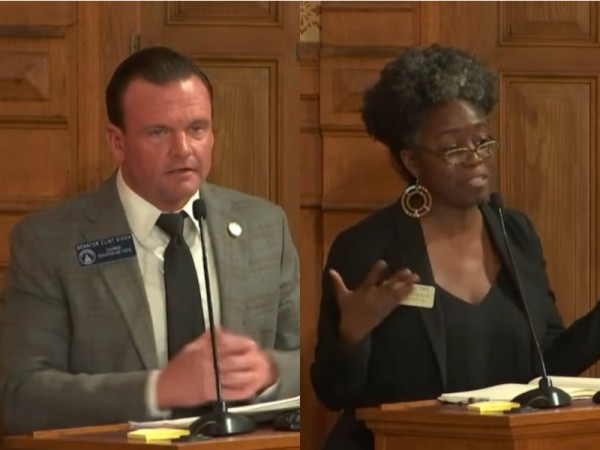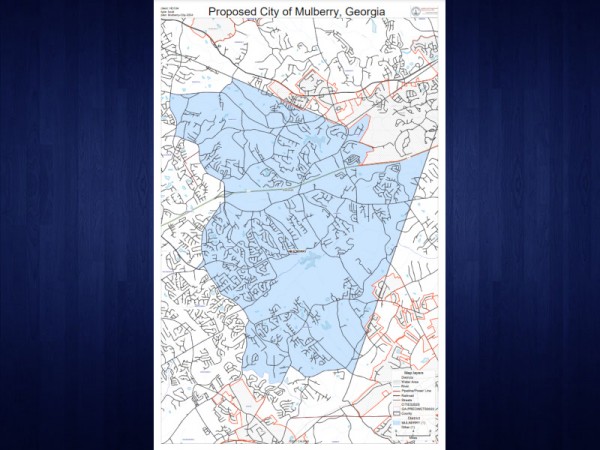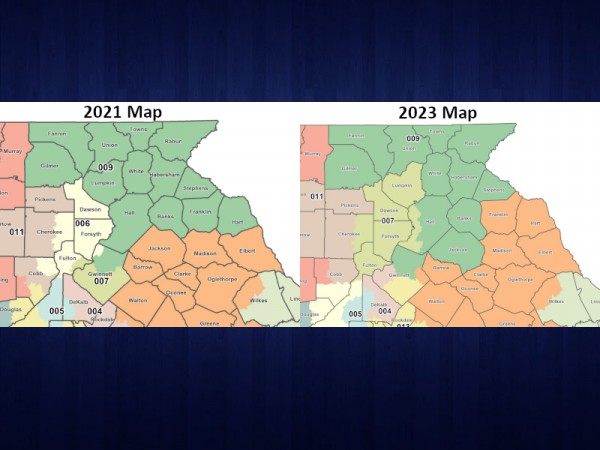ATLANTA (AP) Georgia high school students are likely to face a cap on the number of college courses for which the state would pay.
Representatives voted 103-67 on Tuesday to accept Senate changes to House Bill 444, sending it to Gov. Brian Kemp for his signature. Kemp is supporting the measure.
The Republican governor and his allies say the cost of Georgia's dual enrollment program, which pays for college courses for high school students, is growing too fast.
Most students would be limited to 30 hours of college credit, what a student typically has to take to finish a year of college.
"The goal of this program was never to replace high school with college,'' said Rep. Bert Reeves, a Marietta Republican. ``The goal was to give everyone a jump start.''
Kemp and fellow Republicans want to hold spending at its current level of $105 million a year. In 2015, when the state liberalized rules, it was spending only $23 million annually. Georgia already stopped paying for student fees and books to hold costs down, but the program is projected to grow to 73,000 students spending $123 million in the budget year beginning July 1 if nothing changes.
Many Democrats oppose the bill. Rep. Brenda Lopez Romero, a Norcross Democrat, said that dual enrollment spending represents less than 2% of all education spending.
"This does not represent a runaway program,'' Romero said.
Sponsors say students who take dual enrollment courses accumulate 17 hours of credit, on average, by graduation. The Georgia Student Finance Commission said that in the 2019 budget year, 6,397 out of 51,298 students in the program had taken more than 30 hours of credit.
Rep. Jasmine Clark said that with few student hitting the 30-hour cap now, it may not slow spending growth.
"This does nothing to actually solve the problem of cost,'' said Clark, a Lilburn Democrat.
The state would pay for only regular academic courses in English and language arts, mathematics, science, social studies, and foreign languages. It also would pay for technical courses in one of the 17 career pathways designated by the Georgia Department of Education. The state would no longer pay for some fine arts courses or for physical education at colleges.
High school freshmen would generally be banned from dual enrollment. High school sophomores could enroll in career-technical classes but could take academic classes only with high scores on the SAT or ACT college tests.
Students could still take courses above the cap or outside those prescribed by the state if they paid themselves. The Georgia Student Finance Commission is also considering allowing some students to draw down money that normally pays for technical classes in college.
The number of course hours taken tripled from 2013 to 2017, with much growth concentrated at technical colleges in rural and exurban areas. Beyond tuition payments to public and private colleges, Georgia also pays public colleges and high schools additional aid based on enrollment.
Reeves warned that if lawmakers did nothing, unelected officials would develop their own ways to limit the program's cost.
``Not every student is going to get the chance to dual enroll,'' he said.
The bill would affect Georgia's 10 early college high schools, which aim for students to graduate high school with 60 hours of college credit, enough for an associate's degree.
Wednesday
November 27th, 2024
7:33AM








